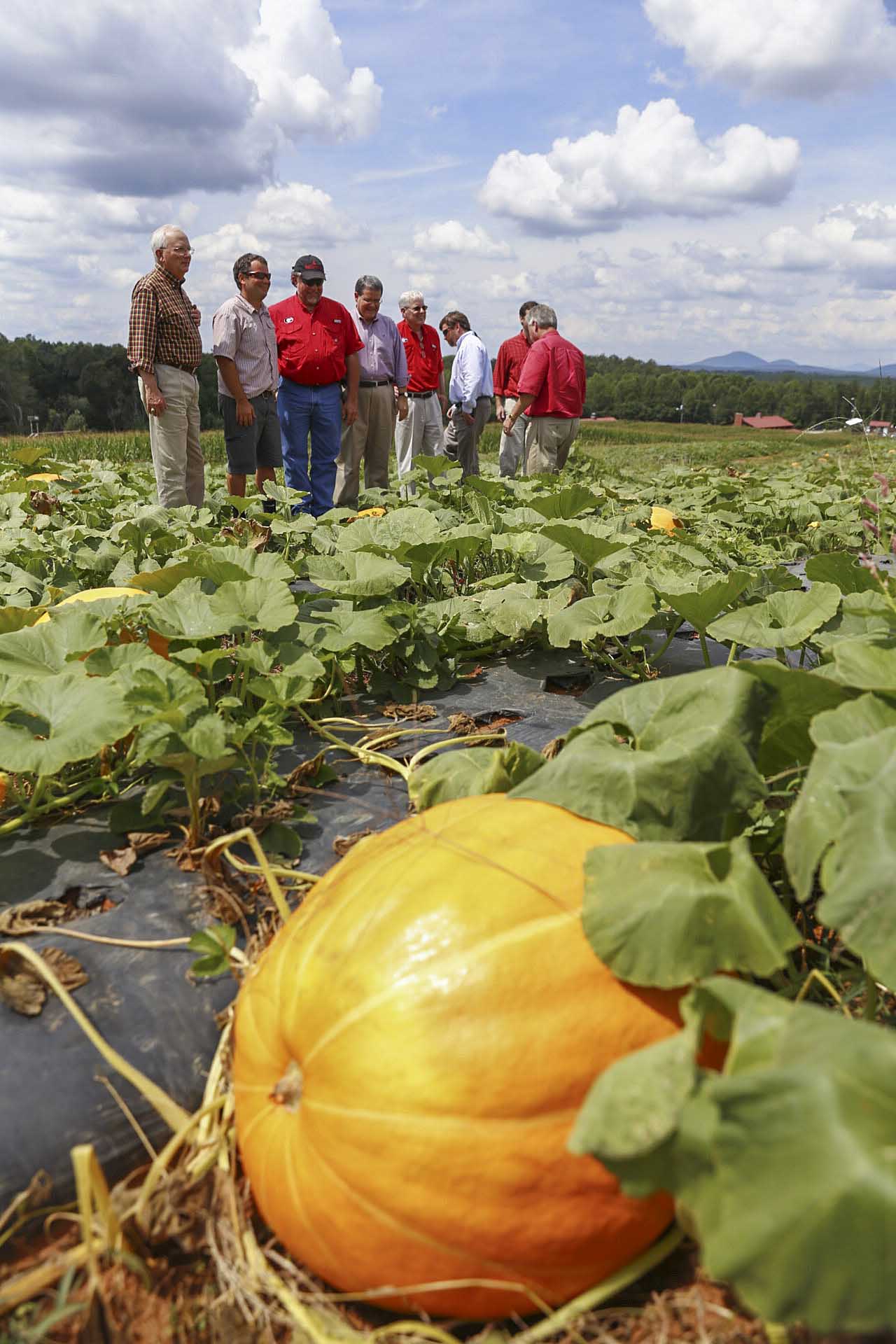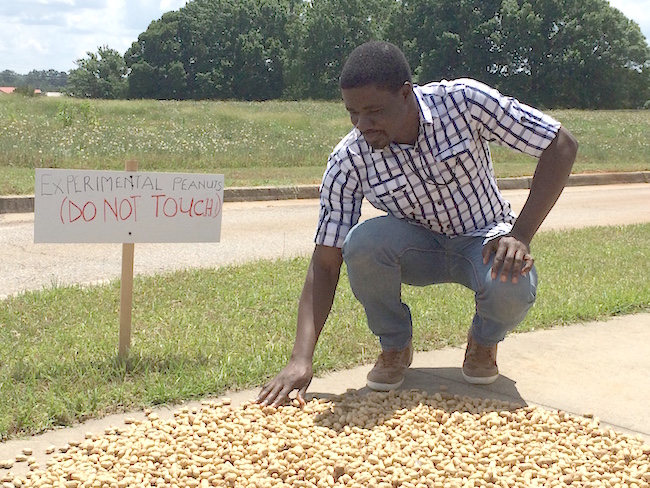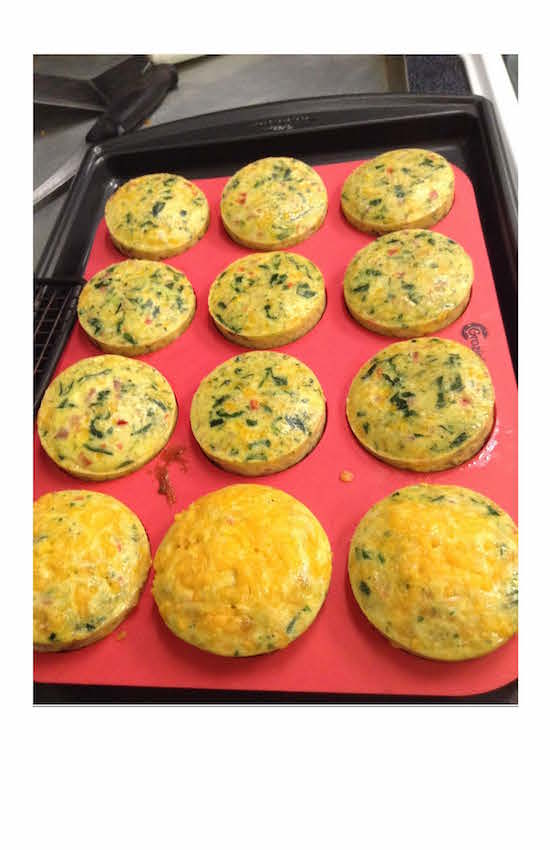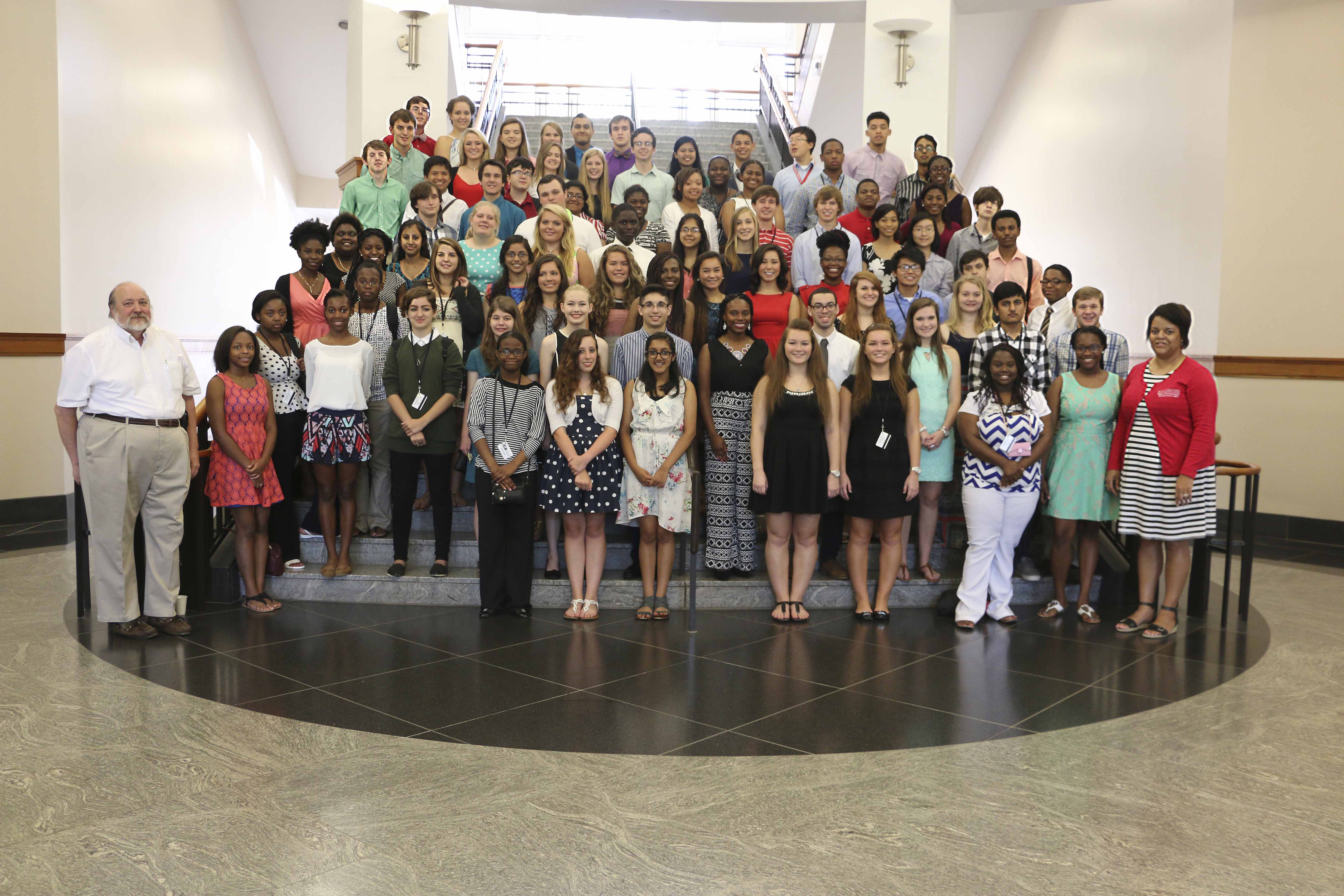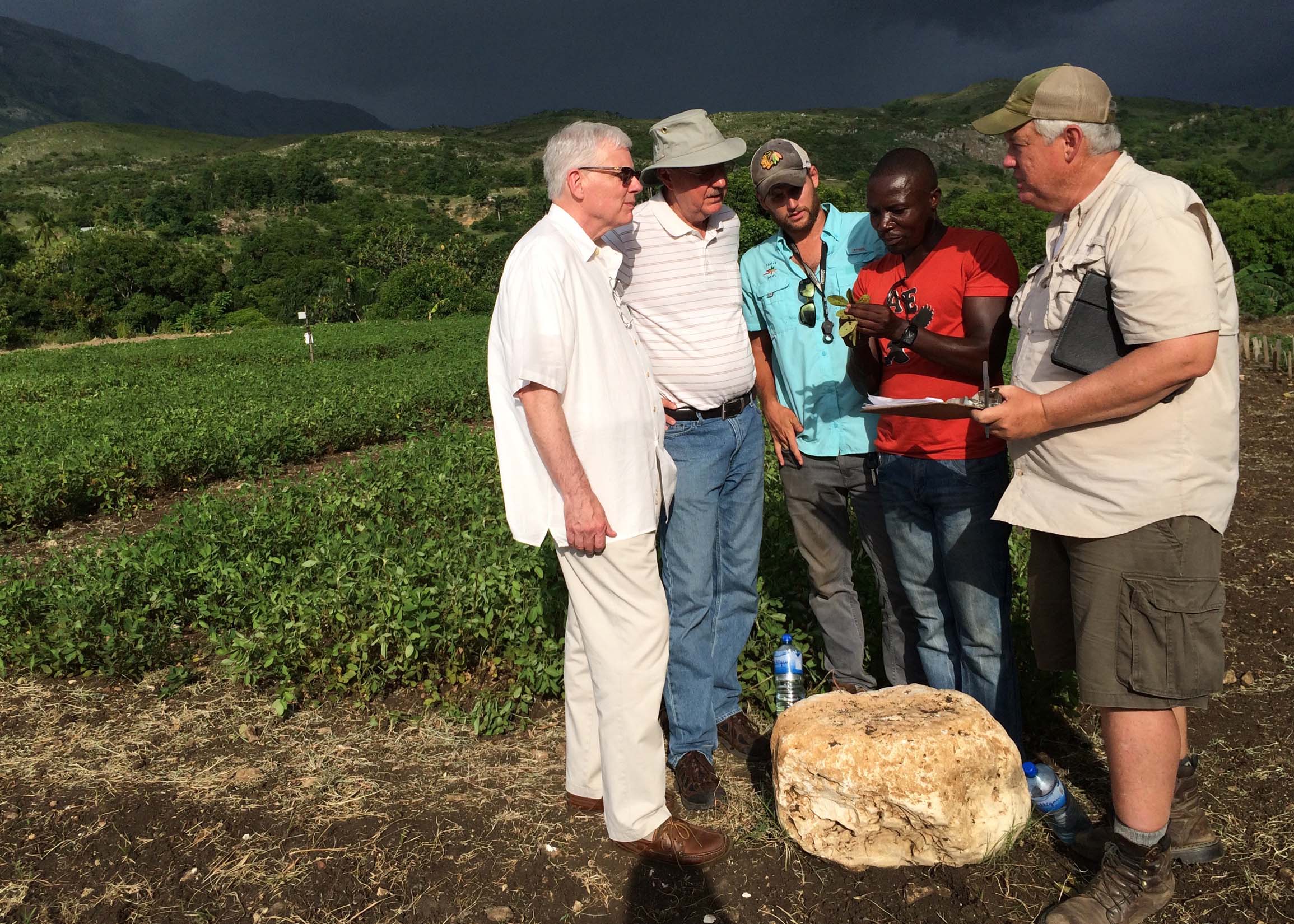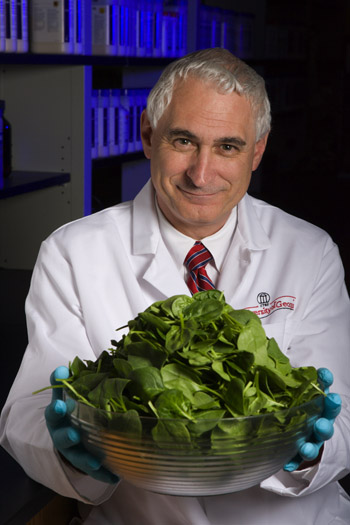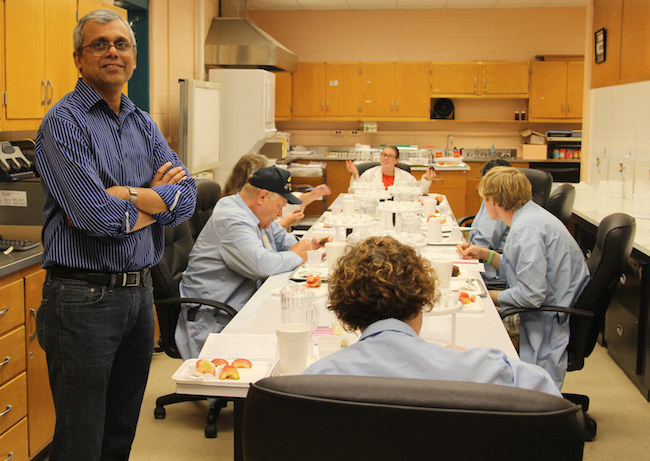 CAES News
CAES News
Sensory Science
A University of Georgia food scientist is turning to a logical source for input on which foods consumers like and which they don’t like. His research involves recruiting people from all walks of life to come into his laboratory in Griffin, Georgia, and taste food.

